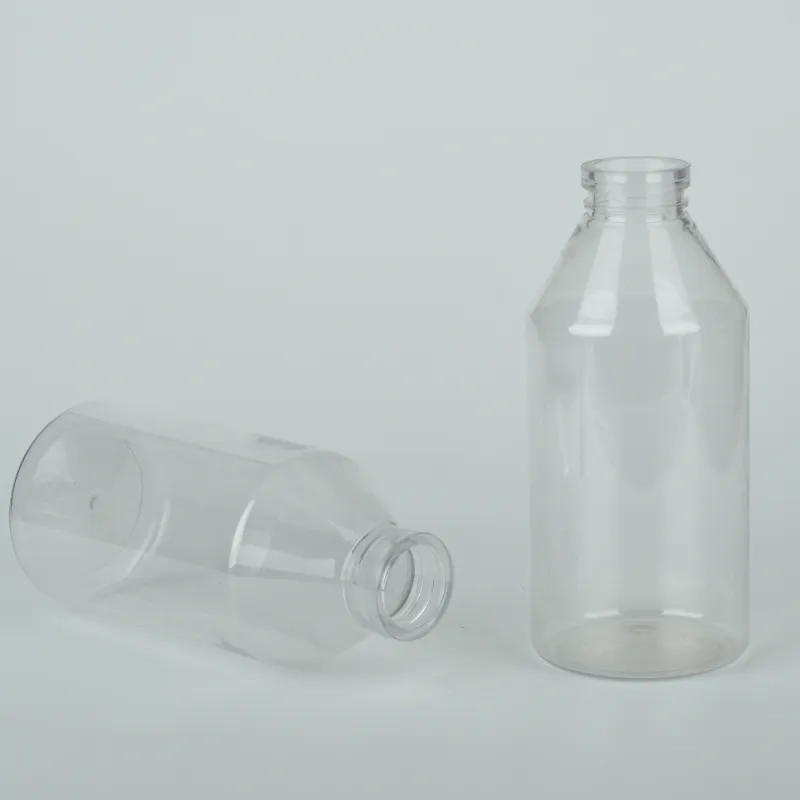Selection of Laboratory Sample Tubes for Optimal Testing Efficiency and Accuracy
Lab Sample Tubes Essentials for Accurate Testing and Research
In the world of laboratory medicine, precision and reliability are paramount. One of the most critical components of laboratory operations is the proper use of lab sample tubes. These tubes are essential for collecting, storing, and transporting biological samples such as blood, urine, saliva, and other bodily fluids. Understanding their types, uses, and importance is crucial for ensuring accurate diagnostic results and advancing research.
Types of Lab Sample Tubes
Lab sample tubes come in various types, each designed for specific applications. The most common types include
1. Blood Collection Tubes These tubes are often color-coded to indicate their additive contents and the specific tests for which they are used. For example, a red-top tube typically contains no additives, making it ideal for serum tests. Conversely, a lavender-top tube contains EDTA, which is used for hematology tests.
2. Urine Collection Containers These tubes are designed to collect urine samples for various tests. They are available in sterile and non-sterile formats, depending on the nature of the testing required.
3. Sputum Collection Containers Used for collecting samples of saliva mixed with mucus, these containers are critical for respiratory tests, including tuberculosis screening.
4. Swabs and Transport Media For microbiological testing, swabs and specialized transport media tubes are utilized to collect and preserve bacterial specimens, ensuring their viability during transportation to the lab.
5. Specialized Tubes for Molecular Testing These tubes often contain preservatives that stabilize nucleic acids for polymerase chain reaction (PCR) and other molecular assays.
Importance of Proper Use
The proper selection and use of lab sample tubes are critical to obtaining reliable test results. Incorrect tube selection can lead to sample contamination, hemolysis, or degradation, which may compromise the integrity of the sample and lead to inaccurate diagnostics.
lab sample tubes

For instance, using a tube with the wrong additive can interfere with the chemical reactions necessary for certain tests. A study has shown that using the wrong anticoagulant can alter the results of coagulation tests, potentially leading to misdiagnosis or improper treatment.
Moreover, adhering to the correct collection protocols is essential. Healthcare providers must be trained in proper blood collection techniques to minimize the risk of error. Techniques include proper site preparation, using sterile equipment, and ensuring that the tube is filled to the appropriate volume to prevent bias in test outcomes.
Storage and Transportation Considerations
Once samples are collected, appropriate storage and transportation are vital for maintaining sample integrity. Many lab sample tubes are designed to withstand varying temperatures and conditions, but specific requirements must still be followed.
For example, blood samples may need to be kept at room temperature or refrigerated, depending on the tests to be performed. Therefore, lab personnel must be knowledgeable about the storage conditions for each type of sample. Failure to adhere to these guidelines can lead to breakdowns in sample quality, rendering tests invalid.
Innovations in Lab Sample Tubes
As technology continues to evolve, so does the design and functionality of lab sample tubes. Innovations include pre-centrifuged tubes, which streamline the processing of samples, and intelligent tubes equipped with RFID tags or barcodes for tracking and enhanced laboratory information management.
These advancements not only improve the efficiency of laboratory operations but also increase patient safety and reduce the likelihood of human error. With the integration of automation and smart technologies, the potential for more accurate diagnostics is significantly enhanced.
Conclusion
In summary, lab sample tubes play an indispensable role in the collection, storage, and analysis of biological samples in clinical and research settings. Understanding their various types, proper use, and storage conditions is essential for obtaining accurate and reliable test results. As innovations continue to reshape the landscape of laboratory medicine, the importance of these seemingly simple tools cannot be overstated. Ensuring best practices in their use ultimately contributes to improved patient care and advances in scientific research, making lab sample tubes a fundamental aspect of modern healthcare.
-
Aesthetic Makeup Spray Bottles | Fine Mist Empty RefillableNewsAug.19,2025
-
White Plastic Veterinary Vaccine Vials | Lab Liquid BottlesNewsAug.18,2025
-
Plastic Medicine Liquid Bottle: Secure Flip Top Drug VialsNewsAug.17,2025
-
Durable 250ml Blue Plastic Vaccine Vial for Lab & Vet UseNewsAug.16,2025
-
Sterile Virus Sample Tubes: Secure & Reliable Specimen CollectionNewsAug.15,2025
-
White 250ml Plastic Vaccine Vial for Lab & Vet MedicineNewsAug.14,2025
























